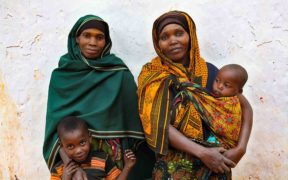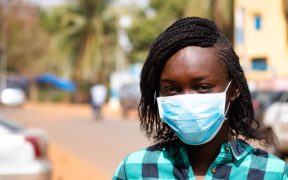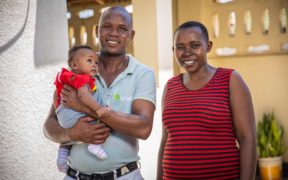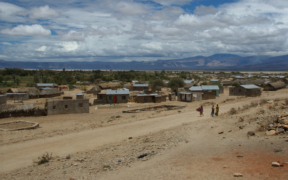Tag:
Tanzania

Before this remarkable year ends, we’re taking a look back at the most popular Global Health: Science and Practice Journal (GHSP) articles on voluntary family planning in the last year according to you—our readers—that garnered the most reads, citations, and attention.

In a variety of ways that suit their contexts, countries around the world have adapted international guidance on providing family planning care during the COVID-19 pandemic. Tracking the extent to which these new policies are successful in maintaining women’s access to safe, high-quality care will provide valuable lessons for responses to future public health emergencies.

When public health officials make decisions, they are faced with competing demands on financial resources, conflicting interests, and the imperative to meet national health goals. Decision-makers need tools to help them establish a healthy market, particularly in resource-constrained settings. SHOPS Plus found this to be the case in a recent activity in Tanzania, where their ultimate goal was to engage all the actors in Tanzania’s health market, public and private, to ensure proper targeting of investments and meet the health needs of all Tanzanians.














